Six York University faculty members are among the 87 new Fellows elected to The Royal Society of Canada (RSC) as part of the Class of 2020. Recognition by the RSC is the highest honour an individual can achieve in the Arts, Social Sciences and Sciences. Five faculty members were elected to the rank of Fellow of the RSC and one as a Member of the College of New Scholars, Artists and Scientists.

Elected to The Royal Society are York Professors Molly Ladd-Taylor, Department of History, Faculty of Liberal Arts & Professional Studies (LA&PS); William Wicken, Department of History, (LA&PS); John Greyson, Department of Cinema & Media Studies, School of the Arts, Media, Performance & Design; Faculty of Science Dean Rui Wang, professor, Department of Biology, Faculty of Science; Benjamin Berger, Osgoode Hall Law School; and Mark Terry, contract faculty, Faculty of Environmental and Urban Change and Research Associate, Dahdaleh Institute for Global Health Research.
“York is delighted to see that Professors Berger, Greyson, Ladd-Taylor, Terry, Wang and Wicken have been recognized by the Royal Society of Canada,” said Amir Asif, vice-president research & innovation. “These exceptional researchers embody our vision to enhance our impact on the social, economic, culture and overall well-being of the communities we serve.”
Academy of the Arts & Humanities
Division of Humanities
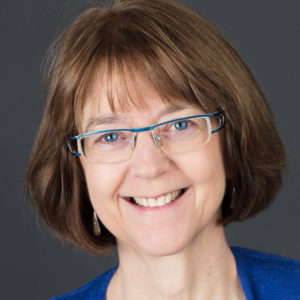
Molly Ladd-Taylor, professor in the Department of History in LA&PS and the author of Mother-Work and Fixing the Poor, is a prominent historian of gender and social policy, particularly for the United States. Her groundbreaking research places impoverished mothers, dependent children, and institutionalized people at the centre of analysis, joining their most private experiences with the public worlds of politics and policy. Her ambitious, engaged and canonical scholarship has reshaped historical understanding of welfare, eugenics and the state.
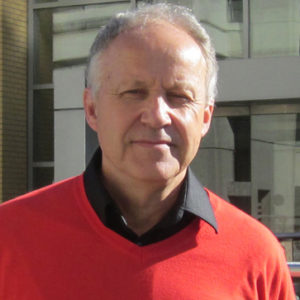
A professor in the Department of History in LA&PS, William Wicken’s prize-winning scholarship, alongside his substantial contributions as an expert witness, have profoundly affected how scholars, government policymakers and Canada’s legal community understand and interpret the history and legal position of Indigenous peoples in Canada. His book-length studies of the Mi’kmaw’s multi-generational interpretation of its 18th-century treaty with the British Crown have been transformative. As a consultant to Indigenous communities and advisor to government, he works to advance Reconciliation.
Division of Arts
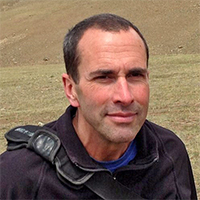
John Greyson, professor in the Department of Cinema and Media Arts in the School of the Arts, Media, Performance & Design, is a video/film artist and a pioneer of the new Queer cinema. Since 1984, his many features, shorts and installations have explored such queer activist issues as police violence, prison, AIDS, solidarity and apartheid (both South African and Israeli). Titles such as Fig Trees (2009), Lilies (1996) and Zero Patience (1993) have received more than 60 best film awards, including the Toronto International Film Festival (TIFF) and other prestigious festivals in Berlin, Vancouver, Locarno and Hong Kong.
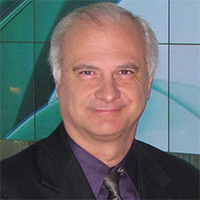
Mark Terry is a contract faculty member in the Faculty of Environmental and Urban Change and a Research Associate at Dahdaleh Institute for Global Health Research. Terry is an internationally recognized digital media innovator. His remediation of the documentary film known as the Geo-Doc is currently being used within various divisions of the United Nations as a data delivery system, a new communications tool that bridges the gap between science and policy. His pioneering work with multilinear, non-fiction narratives has been recognized by the Academy of Canadian Cinema and Television with their Humanitarian Award in 2011. His work in documenting polar research has also been recognized by decorations with the Queen’s Diamond Jubilee Medal (2013) and The Explorers Club’s Stefansson Medal (2010).
Life Sciences Division
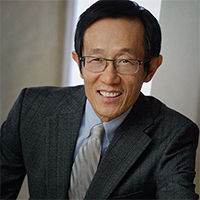
As Dean of the Faculty of Science and a Professor of Biology, Rui Wang is a pioneer in the field of H2 S biology and medicine who has discovered the endogenous production of H2 S in the cardiovascular system and its widespread physiological functions. He identified H2 S as an endothelium-derived relaxing and hyperpolarizing factor that dilates resistance arteries and control blood pressure. He has established the critical roles that H2 S plays in the pathogenesis of hypertension, angiogenesis, atherosclerosis, diabetes, and asthma.
College of New Scholars

Professor Benjamin L. Berger holds the York Research Chair in Pluralism and Public Law at Osgoode Hall Law School. He has received international recognition for his interdisciplinary scholarship exposing the complex nature of secularism, the limits of state law, and the implications of both for religious pluralism, equality, and constitutionalism. Among Canada’s foremost scholars of constitutional and criminal law, his work has shaped debates on the role of public law in deeply diverse societies.
The 2020 roster of truly remarkable individuals will be invited to accept membership to the RSC on Friday, Nov. 27. The ceremonies will be adapted this year to ensure all new members will participate – whether from home, from campus, or in Toronto.
Click here to register for the RSC induction ceremony.
Courtesy of YFile.
